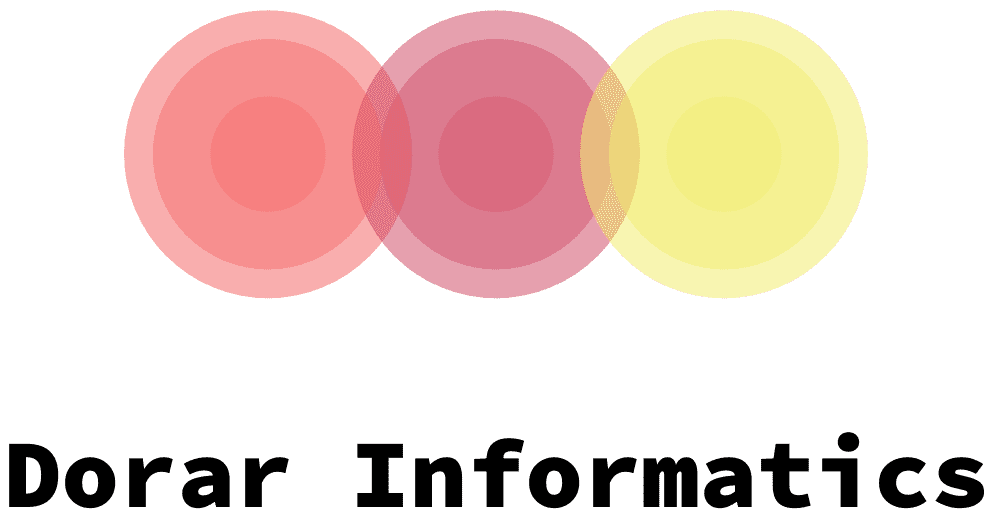Whether you are just getting started with your first mortgage or you are an experienced mortgage holder, there are a few things that you need to know about mortgages. There are a few types of mortgages that you may be familiar with, but there are also several more that are not as common.
Interest-only mortgage vs principal and interest mortgage
Having an interest-only mortgage can be a great idea for homebuyers who want to lower their monthly payment, but it can also have some drawbacks. Interest-only loans are usually adjustable-rate mortgages (ARMs), so the monthly payment can increase as interest rates increase. This is a risk borrowers should consider carefully.
When choosing between an interest-only mortgage and a principal-and-interest mortgage, the key differences to look for are the interest rate and loan term. An interest-only mortgage will generally have a period of three to ten years. When the period ends, the loan will convert to a principal-and-interest mortgage. The remaining loan term will be amortized like a conventional fixed-rate mortgage.
An interest-only mortgage will require a larger down payment than a principal-and-interest mortgage. This is due to the fact that the lender will be charging you interest only during the interest-only period. This will increase the total cost of the loan. However, this is not a major concern if you can afford higher payments later on.
Some interest-only mortgages will have a balloon payment, which is a one-time payment that must be made at the end of the loan term. A balloon payment can also increase the interest rate, which can make the monthly payments more expensive.
An interest-only mortgage is suitable for homebuyers who want to purchase a home that has a shorter-term, such as a first or second home. Homebuyers who are expecting an inheritance or annuities may also find interest-only mortgages a good choice.
An interest-only mortgage can be a great way to defer large payments, but they can also be a risky option for borrowers who experience financial hardship. Borrowers who are planning to sell the home before the interest-only period is up can be in danger of losing a large portion of their equity in the home.
Fixed rate mortgage vs adjustable-rate mortgage
Choosing between a fixed rate mortgage and an adjustable rate mortgage (ARM) can be a complex decision. The decision affects your finances for many years to come. It is important to understand both products before you decide.
Fixed rate mortgages are easier to understand and have predictable monthly payments. However, ARMs offer flexibility. Depending on your financial situation, one type may be more suitable.
A fixed rate mortgage is the best choice if you plan to live in your home for a long time. If you plan to move, an ARM may be better. However, it is important to understand that you may end up paying more in interest over the life of the loan.
The best choice for your situation will depend on your personal needs and goals. There are pros and cons to each. Choosing the right type of mortgage can be difficult, so be sure to ask yourself the right questions before you make a decision.
A fixed rate mortgage will allow you to make fixed payments for the life of the loan. This is a great benefit to first-time buyers. In addition, a fixed rate mortgage gives you peace of mind about the repayment of your loan.
An adjustable rate mortgage, on the other hand, is a great choice for some people. These loans typically have lower initial interest rates, which can help you pay down the principal quicker. Those with good credit scores may also qualify for a lower interest rate.
ARMs may be a good option for home buyers in high interest rate markets. ARMs also offer the chance to refinance the loan after 5, 7, or 10 years.
Reverse mortgage
Getting a reverse mortgage is an option for many homeowners. They can use the money to buy a new home, supplement their Social Security income or even pay for in-home care. However, it’s important to do your research.
It’s important to understand the options you have, as well as the risks. A reverse mortgage is still a loan, and you’re responsible for paying your property taxes and homeowners insurance.
There are three main types of reverse mortgages. These are single-purpose reverse mortgage loans, home equity conversion mortgages, and fixed-rate reverse mortgages. The single-purpose loans are typically the cheapest.
Home equity conversion mortgages are the most common type of reverse mortgage. These loans allow homeowners to borrow money in a lump sum or as a line of credit. They are backed by the U.S. Department of Housing and Urban Development. However, they may cost more than conventional mortgages.
The best way to learn about reverse mortgages is to speak with a professional. Ask lots of questions, and consider different lenders. Find a counselor you feel comfortable with.
The Consumer Financial Protection Bureau (CFPB) has issued a comprehensive report on reverse mortgage lenders. It also has taken steps to improve housing counseling.
The CFPB recommends taking out a reverse mortgage line of credit, which offers more security for your retirement. However, the CFPB is also recommending that you shop around. Despite the low rate of interest, it’s important to remember that reverse mortgages are still loans, and you’re still responsible for paying your mortgage and property taxes.
The CFPB has also issued a report highlighting the benefits of a reverse mortgage, including that you can use the money to buy a new house or to supplement your Social Security income.
Lifetime mortgage
Using a lifetime mortgage can be a beneficial way for a senior homeowner to access the wealth tied to their home. However, it is important to consider all the implications before taking out a lifetime mortgage. It may impact on your eligibility for certain benefits, such as state benefits and means-tested state benefits, and it may also decrease inheritance. It is also important to find out what fees and charges apply to lifetime mortgages.
Many mortgage providers offer interest only plans, which mean that the borrower will make monthly payments. This helps to reduce the overall cost of the lifetime mortgage. It also prevents the snowball effect of compound interest.
Choosing a single cash lump sum can also affect your repayments. It may affect your tax payments, but it may also be better value in the long run.
Lifetime mortgages can be paid off in a series of smaller lump sums or as a single cash lump sum. However, the amount you can borrow will depend on the value of your property.
The average rate for a lifetime mortgage is 4.25%. This is higher than the standard residential mortgage rate, which is around 2.75%. However, the rate may be variable, depending on the provider.
Most providers offer a no-negative equity guarantee, which means that the debt will never exceed the value of the property. This is a standard part of the Equity Release Council’s standard.
There are many ways to choose a lifetime mortgage, but it is important to seek advice from an expert in this field. They will be able to explain the options and help you find the right plan for you.
Equity release mortgage
Getting an equity release mortgage is a good way to unlock the equity in your home. This can help fund your retirement and pay off your interest-only mortgage. It can also be used to pay for home improvements or to buy a holiday home. It can also be used to help support your family.
There are many equity release mortgage products to choose from, and each one comes with its own set of pros and cons. It’s important to get good advice before you apply. It’s also important to understand what you’re getting yourself into, and how your plan will affect your family.
The amount you can borrow will vary depending on a number of factors, including your age, the value of your home, and the product you choose. The interest rate on an equity release mortgage is generally higher than a standard residential mortgage, but there are some options that are more flexible.
Some equity release mortgages have no negative equity guarantee, meaning you will be protected against owing more than the value of your home. If you’re unsure, speak to an independent equity release adviser. They will help you find the best deal.
It’s also possible to pay off an equity release mortgage early. This can be done by selling part of your home, or downsizing. Depending on your needs, this can be done as a lump sum, or in instalments. The interest rates are also variable, so the amount you pay can change over time.
One of the most important things to remember about equity release is that it is a long-term loan. If you do not pay it off, your home may be repossessed.




